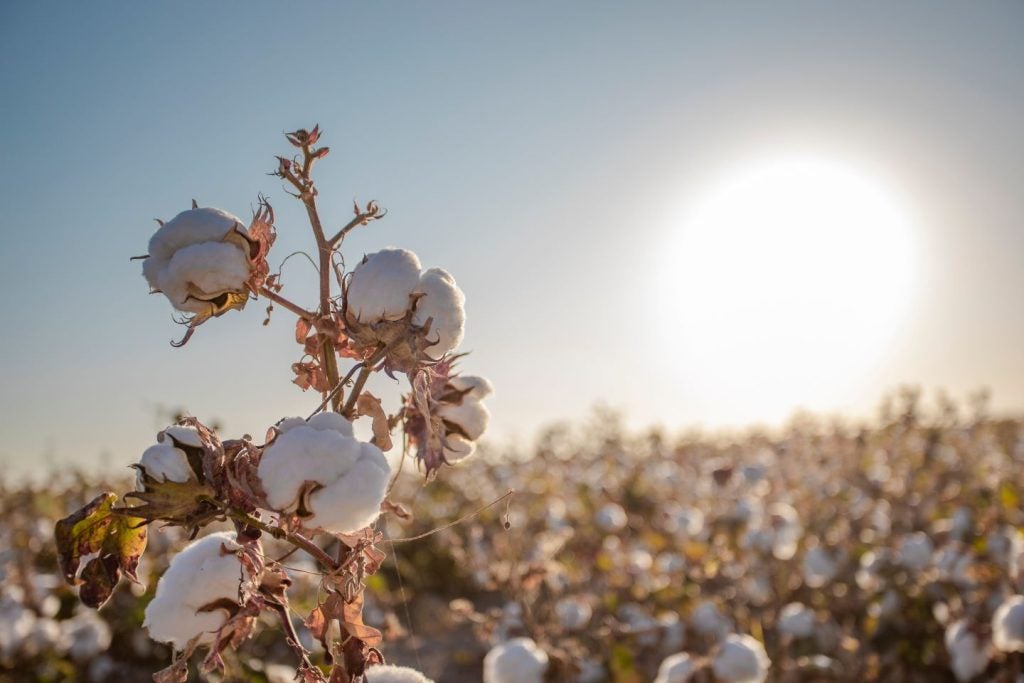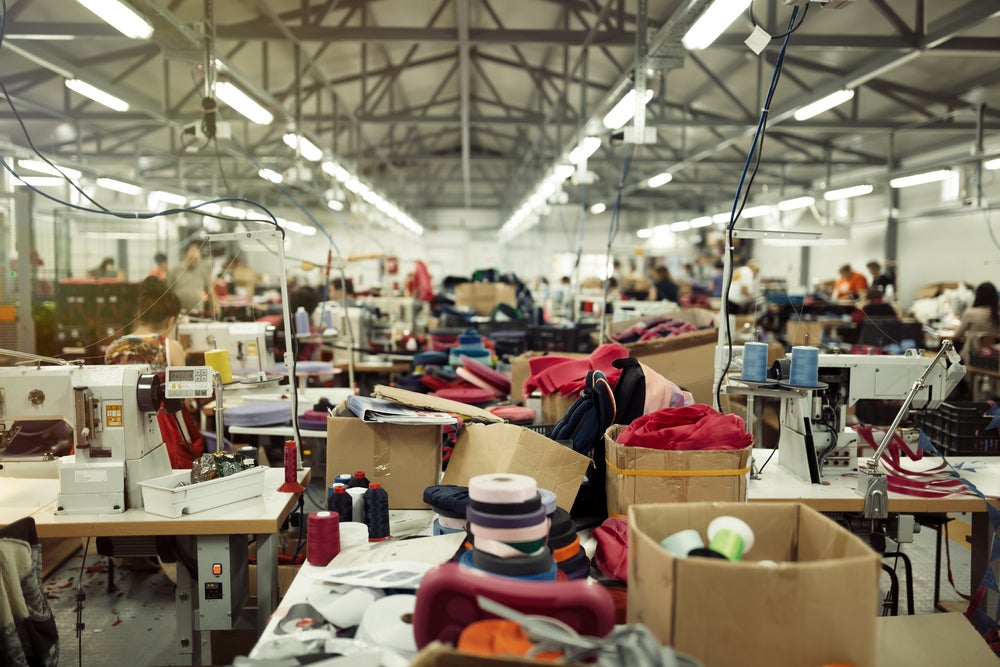The Recimap project, in collaboration with Aimplas, a Spanish Plastics Technology Centre, the University of Valencia and the Valencia Interior V3 consortium was built in response to the issues of polyester and cotton textile waste that ends up being disposed of through incineration or landfilling due to the intricate blend of materials being hard to recycle.
Recimap seeks to find a new approach to the two widely used materials by introducing a technique to selectively separate cotton and polyester blends through synthesis and the use of ionic liquids, a more environmentally sustainable alternative to conventional solvents.
The polyester fraction undergoes mechanochemical processes to yield recycled polyester, while the cotton fraction is channelled into lactic acid production through fermentation processes.
Belén Taroncher, a researcher in the chemical recycling group at Aimplas commented: “The Recimap Project makes a significant contribution to the circular economy, especially considering the increasing amount of textile waste expected in the coming years, partially due to European regulations on extended producer responsibility (EPR).
“This underscores the need to find effective solutions for this waste and provide opportunities for Valencian companies to improve their competitiveness”.
Supported by funding from the European Union, the project has identified a new recycling approach that promises to yield recycled polyester with a substantially lower carbon footprint compared to virgin polyester.
Along with recovering complex textile waste and generating high-quality recycled materials the production of lactic acid is described as an essential component in the manufacture of polylactic acid (PLA).
















